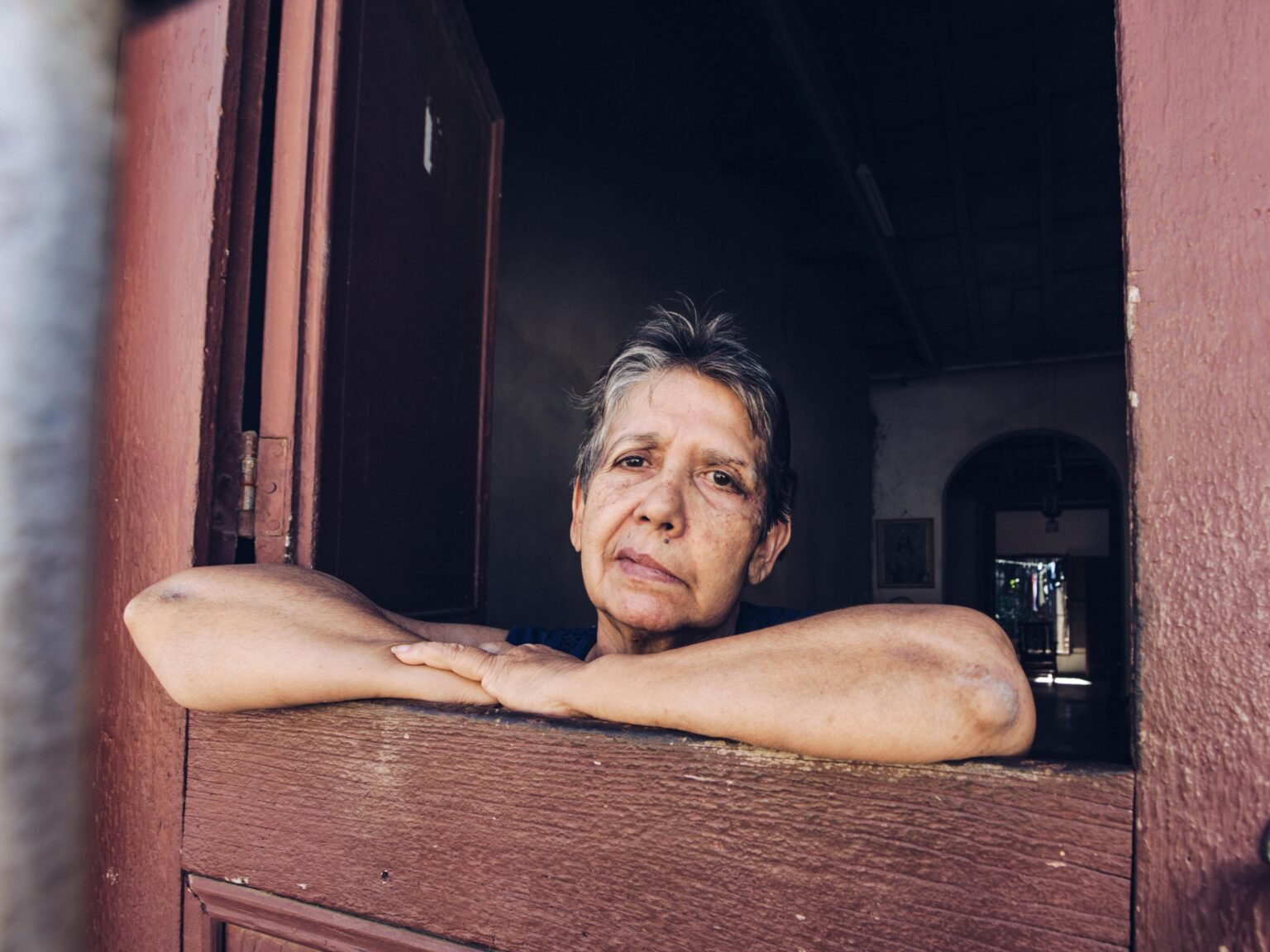According to a recent study released by the Retirement Income Institute, about two-thirds of peak Boomers (Boomers born between the years of 1959–1964) are not, and will not be, financially prepared for their retirements. An estimated 2–4 million Boomers will be turning 65 and hitting retirement age — every single year between now and 2030.
A combination of rising healthcare costs, the 2008 Great Recession, and poor financial planning are delaying retirement for many Baby Boomers — and for some, may not be in sight.
Incoming Silver Tsunami
The Retirement Income Institute’s study illustrates that the Boomers are a diverse group, both racially and financially. Approximately 52.5% of peak Boomers have less than $250,000 with of assets and will solely rely on Social Security for income during retirement.
Even more alarming is the significant financial disparities among this cohort, especially when compared by measures of race and education.
While college-educated peak Boomers have a median retirement savings of about $591,000, those whose highest educational attainments was a high school diploma only have around $75,000.
Things looks even more bleak for those without a high school diploma. Median retirement savings for this group is only around $7,000.
Gender, Educational, and Racial Disparities
Women’s overall retirement savings are significantly lower than men’s. While men’s retirement accounts have a median balance of $270,000, women’s trails significantly behind at $185,000 — a 32% gap.
Even still, the amount paid in Social Security benefits will be higher for men than for women overall. Men are on track to take home $28,400 annually on average, women will net $21,400 —25% less.
An even larger variable than gender is racial divides. On average, white Boomers have about 2.5x the retirement savings of Hispanic Boomers. When compared to black Boomers, white retirees have nearly six times the financial resources available for retirement.
Related: How To Increase Social Security Payments
Health Care Costs Predicted To Rise In Coming Years
Baby boomers are impacted by common health complications like heart disease, obesity, depression—and surprisingly—Hepatitis C.
These conditions are expensive to treat, and healthcare costs are projected to rise by the time the last leg of the Boomers turn 65.
The rise in in health care costs is projected to impact private sector pricing more acutely than the public sector. This presents a complicated problem for policymakers, peak Boomers, and everyone else in the mix.
Any policy or legislation measures to reduce the costs of public sector healthcare won’t affect the soften the blow of healthcare impact on peak Boomer’s retirement funds.
Financial Recession’s Impact of Baby Boomer Retirement
Financially, 2008 was a terrible year for many Americans and even most people around the world, and left a lasting imprint on the financial livelihoods of millions of people.
One of the consequences was that millions of Baby Boomers lost a significant amount of their net worth in the crises, which spooked them from investing in the stock market, bonds, homes, or just about anything.
The Baby Boomers because risk averse when it came to their investing strategies, willingly choosing lower rates of return for lower risk profile investments. Bonds became a Boomer favorite investment.
That too, would prove a costly decision for the Baby Boomers. In the 15 years since the Financial Crisis of 2008, interest rates have been incredibly low — at times, 0%.
That eroded the value and yield of bonds, as cheap money to borrow funded high growth startups that brought eye-watering returns for investors that many Boomers watched from the sidelines.
Poor Planning
Still, the bond investors are better off than those who had no investments at all.
Many Baby Boomers spent most of their working lives living paycheck to paycheck, week to week, and the thought of planning and saving for retirement always seemed far off and less urgent than bills due at the end of the month — until it wasn’t.
Higher-income earners have more options to finalize a decent retirement plan, whereas those on the lower end will increasingly rely on Social Security.
A large percent of peak Baby Boomers are going to run into a lot of problems when they look to retire. Boomers come from a financially diverse background that ranges from having a mere $7,000 saved up for retirement to several hundreds of thousands of dollars.
Future of Baby Boomers Retirement
Regardless, higher healthcare costs, a sensible fear of investments, and living through the 2008 financial crisis have done a lot of damage to Baby Boomers’ retirement prospects and security.
There’s still a bit of time for Boomers to course-correct and get themselves on the right track to a well-deserved retirement — but it will require diligent and strategic investing to pay off in time.


